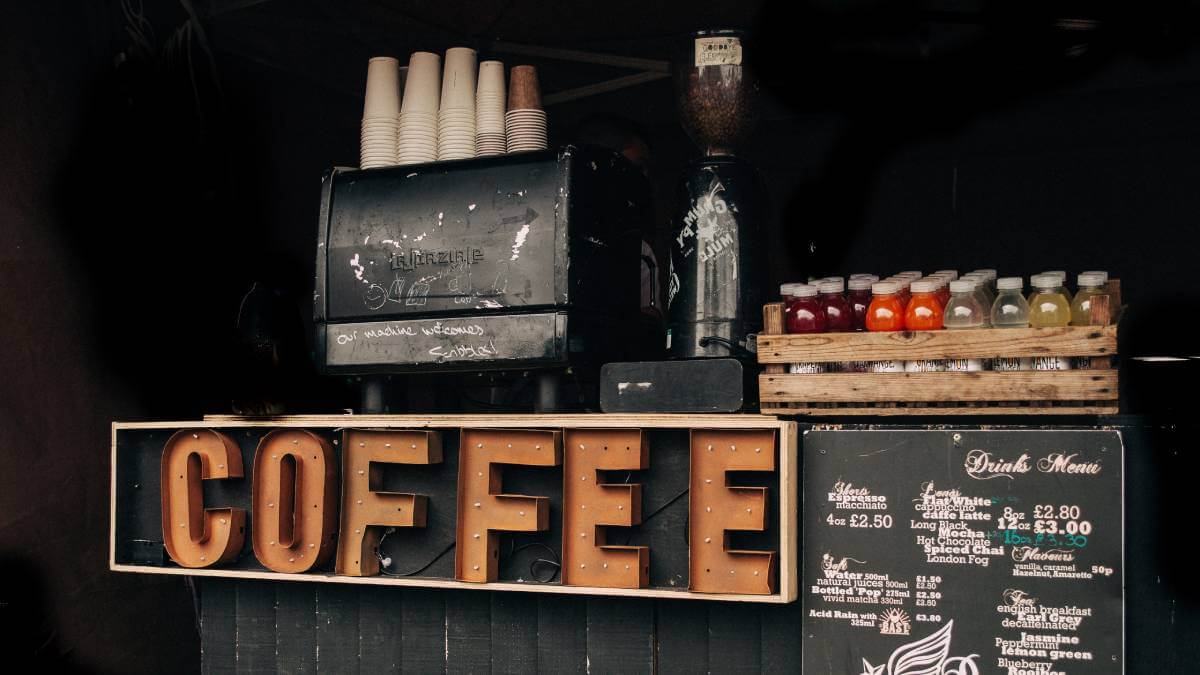For many Australians, the day doesn’t truly begin until they’ve savoured that first sip of coffee. It’s a ritual that provides not just a caffeine kick but also a moment of pleasure before diving into the day’s tasks. However, this cherished routine is set to become a more costly affair, and it’s not just the usual inflation to blame.
The price of coffee is on the rise, and it’s not just a slight uptick. We’re talking about a significant jump that’s set to make your daily cup of joe more of a luxury than a given. The reasons behind this surge are complex and multifaceted, and they’re worth understanding for anyone who values their espresso, latte, or flat white.
Firstly, let’s talk about the beans themselves. Arabica coffee, the variety that most Australians prefer for its smooth and rich flavour, has hit record prices recently. The cost of these beans has surpassed peaks not seen since 1977, and the forecast isn’t looking any brighter. Weather conditions have played a cruel hand, with major coffee-producing countries like Brazil experiencing erratic rainfall followed by drought and high temperatures. Vietnam, known for its robusta beans, has also been grappling with severe drought, further straining the global coffee supply.
These environmental challenges have led to a sharp increase in Arabica futures, with prices soaring as high as $US3.48 ($5.45) per pound in New York. Experts are predicting that this could climb even further, potentially reaching between $US4.00 and $US5.00 in the coming months. This is a bitter pill to swallow for cafe owners and coffee drinkers alike.
But it’s not just the raw cost of coffee beans that’s causing the price of your cappuccino to climb. Running a cafe involves a myriad of expenses, from rent and utility bills to staff wages and equipment maintenance. Each of these factors contributes to the final price you pay for your coffee. As Melbourne cafe owner Dan Dick points out, even a small increase in coffee prices can have a significant impact on a small business’s bottom line. And with the food and beverage sector already reeling from the highest business failure rate since the peak of the COVID-19 pandemic, cafes are in a precarious position.
The reality is that the cost of living crisis and weakened consumer spending are squeezing cafes from all sides. To survive, they may have no choice but to pass these costs onto customers. This means that Australians might soon find themselves paying an extra 50 cents to $2 for their beloved brew.
The shock of paying $15 for two small cappuccinos, as experienced by pilates instructor Phoebe Parsons, is a sign of things to come. Commenters on social media are already sharing their own stories of coffee sticker shock, with prices nearing those of alcoholic beverages in some regions.
It’s a difficult situation for everyone involved. Cafe owners are trying to keep their doors open and provide quality service, while consumers are increasingly feeling the pinch of higher prices. The potential transformation of the Australian cafe industry into an ‘American franchise model,’ as warned by Dick, could see the loss of the unique and diverse coffee culture we cherish.
We’d love to hear your thoughts on this brewing issue. Have you noticed a rise in coffee prices at your local cafe? How has this affected your coffee consumption? Share your experiences in the comments below, and let’s navigate these challenging times together, one cup at a time.
Also read: Rising global market costs drive up coffee prices for consumers

